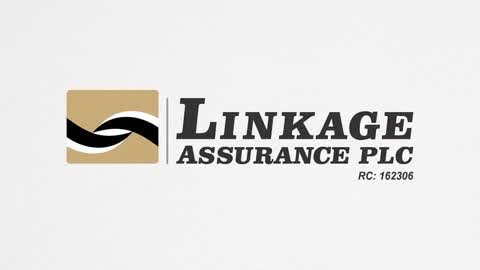Human rights lawyer, and Senior Advocate of Nigeria, Femi Falana, has raised alarm over Nigeria’s ineffective tax enforcement, disclosing that oil and gas companies owe the country approximately $6 billion in unpaid taxes.
Speaking at the 27th Annual Tax Conference of the Chartered Institute of Taxation of Nigeria in Abuja, during a presentation titled “Tax Law and Administration: Challenges of Compliance,” Falana criticised the federal government for neglecting to recover these huge sums while depending heavily on borrowing to finance national budgets.
Falana described the $6 billion owed by oil and gas companies as a clear sign of poor financial accountability in Nigeria.
He stressed the need for greater transparency and representation in the country’s tax system, arguing that the current framework fails to uphold the foundational democratic principle of “taxation with representation.
“In Nigeria, we cannot perform taxation without representation. If you want me to pay taxes, then why? Where is the representation, the justification, or the return to the people?”, he asked.
The human rights criticized the proliferation of taxes in Nigeria, highlighting that certain fiscal policy documents now list up to 60 different taxes, a sharp increase from the original 25 identified by the government.
Falana criticized the lack of accountability in Lagos State’s tax system, highlighting that over ₦1.3 billion is collected annually from buses and motorcycles, but there’s no clear record of how the funds are used.
Oil and Gas Tax Evasion: Citing a September 2023 report, he claimed that oil and gas companies allegedly withheld $6 billion (approx. ₦64 billion) in taxes owed to the government in just one year.
“Shockingly, two months later, the federal government approached the National Assembly to borrow N2.1 billion to fund the national budget.
“How do you explain that? We’re losing billions to tax evasion, yet borrowing to survive,” he queried.
Falana also condemned the government’s silence over a COVID-19 era N3.4 billion loan allegedly used without due process.
“Nobody has challenged it,” he said, questioning how public funds are managed.
He emphasized that taxes are meant to fund essential public services—including security, education, and healthcare—but lamented that many Nigerians see no visible benefits from the taxes they pay.
Also speaking on the panel, the Executive Chairman of the Zamfara State Internal Revenue Service,
Rakiya Ahmed, echoed Falana’s concerns.
She pointed out that Nigeria’s historic dependence on oil revenue has led to the underdevelopment of tax systems, resulting in weak structures for tax collection, enforcement, and public accountability.
“Because of our weak revenue from oil, we are now forced to focus on taxation,” she said.
Ahmed identified several structural challenges to tax compliance, highlighting that a major issue is the widespread perception of corruption and lack of transparency in how tax revenues are managed.
This, she explained, discourages citizens from willingly complying with tax obligations.
“When citizens do not see any return on their taxes, they’re less likely to comply,” she said, stressing the importance of a strong social contract between the government and taxpayers.
Ahmed also criticized the complexity of Nigeria’s tax laws, stating that the confusing and burdensome nature of the system discourages voluntary compliance.
“There are so many laws, and constant amendments confuse taxpayers,” she said.
Ahmed called for increased use of technology in tracking and enforcement.
She noted that Zamfara is one of the first states, after the FIRS, to deploy a data analytics system that revealed a supposed low-income taxpayer with hundreds of millions in their account.
Ahmed highlighted taxpayer education as a critical factor in boosting compliance, particularly in rural areas. She emphasized the need for increased awareness and outreach to help citizens understand their tax obligations and the benefits of compliance.
“When taxpayers understand their obligations and see the benefits, they are more willing to comply,” she said.










